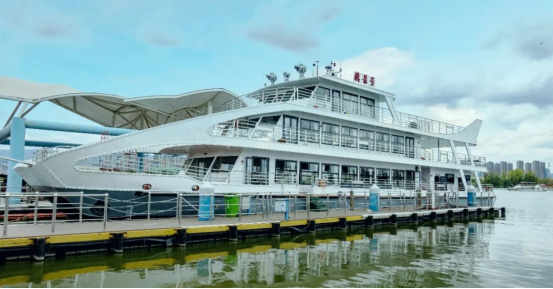
The maritime industry is undergoing a significant transformation with the introduction of electric vessels. As technology advances, electric boats and ships are becoming more viable alternatives to traditional diesel-powered crafts. With environmental concerns rising, these innovative vessels promise a cleaner and more sustainable future for marine transportation.
Battery-powered boats are the most common type of electric vessels. They are equipped with large rechargeable batteries that power electric motors. These boats can range from small recreational crafts to larger fishing and cargo vessels. The appeal of battery-powered boats lies in their ease of use and low operational costs, making them an attractive option for both casual users and professional operators.
Hybrid electric vessels combine traditional diesel engines with electric propulsion systems. This type of vessel can operate on electric power alone for short distances, reducing fuel consumption and emissions. When additional power is needed, such as during longer trips or when carrying heavy loads, the diesel engine kicks in. This flexibility optimizes efficiency and minimizes environmental impact, making hybrid vessels increasingly popular among commercial fleets.
Fuel cell technology is an exciting development in the electric vessel arena. Utilizing hydrogen as a fuel source, these vessels produce electricity through a chemical reaction, emitting only water vapor as a byproduct. Fuel cell vessels have impressive range and power capabilities, making them suitable for more demanding tasks, such as cargo shipping or passenger ferries. Their potential for zero-emission operation positions them at the forefront of sustainable maritime technology.
As technology evolves, the concept of autonomous electric vessels is gaining traction. These ships utilize advanced sensors, AI, and communication systems to navigate and operate without human intervention. Autonomous electric ships could revolutionize shipping logistics by reducing labor costs and enhancing safety. Although still in the experimental phase, their development indicates a promising direction for the future of maritime transportation.
As the demand for cleaner energy solutions grows, the future of electric vessels looks bright. Innovations in battery technology, fuel cells, and autonomous navigation systems are driving this evolution forward. With continuous investment and research in the electric maritime sector, we can expect to see a wide array of efficient, eco-friendly vessels gracing our waters. Shifting towards electric vessels not only safeguards our environment but also paves the way for a more sustainable and efficient maritime industry.
Next:The Future of Marine Transportation Electric Boat Charging Stations
Previous:The Reliability of Hybrid Inverters Are They Prone to Failure